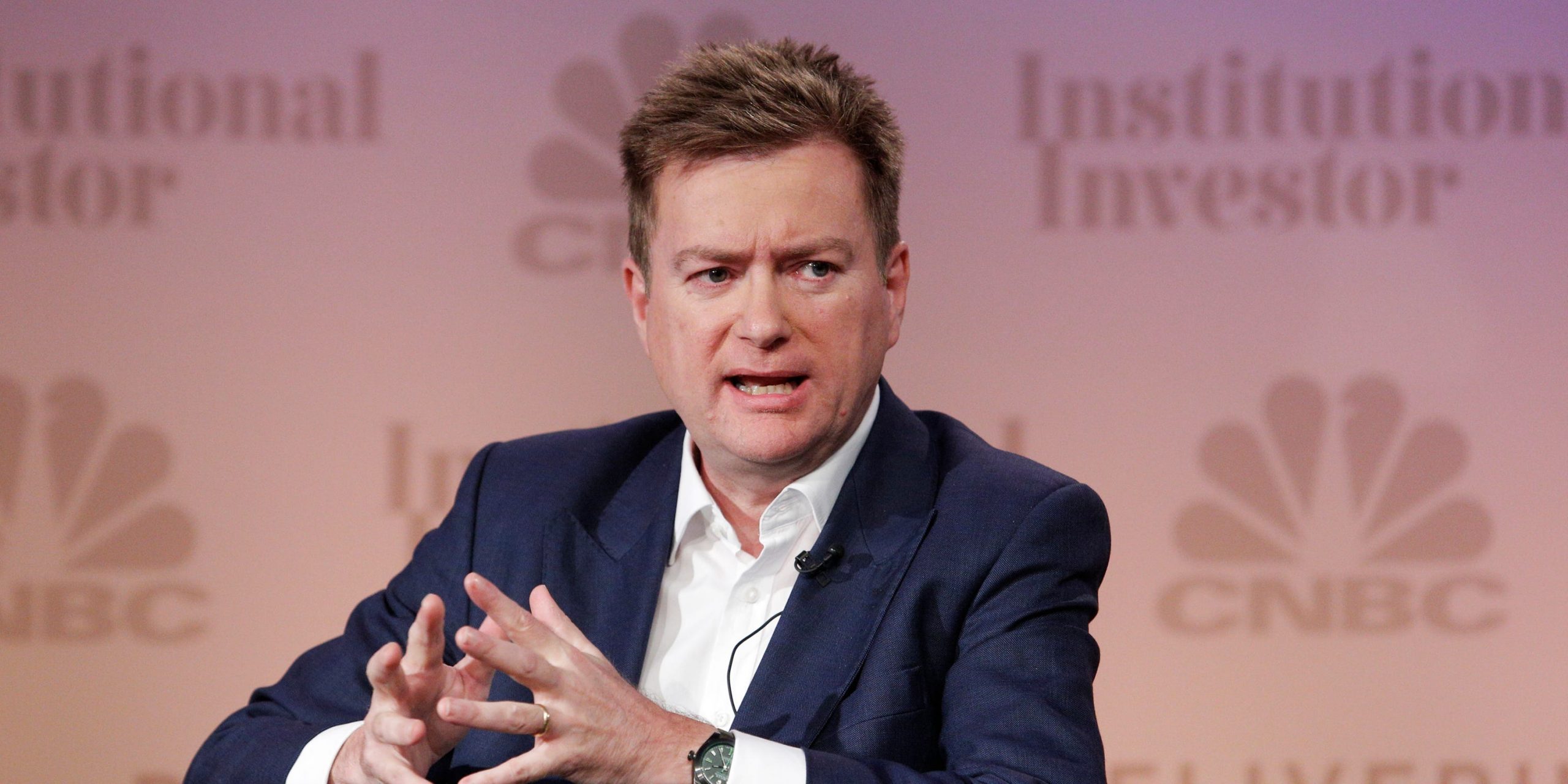
Photo by: Heidi Gutman/CNBC/NBCU Photo Bank/NBCUniversal via Getty Images
- Paul Marshall, co-founder of hedge fund Marshall Wace, is sounding alarms over blank-check companies, which he said have delivered "awful returns," Bloomberg reported.
- Marshall also said his hedge fund is ramping up short bets against SPACs.
- "The SPAC phenomenon will end badly and leave many casualties," he said.
- Sign up here for our daily newsletter, 10 Things Before the Opening Bell
The co-founder of London-based hedge fund Marshall Wace is sounding the alarm over blank-check companies, which he said have delivered "awful returns," Bloomberg reported. The British investor also said he is ramping up short bets against special purpose acquisition companies, or SPACs.
In a newsletter addressed to his investors, Paul Marshall said that the SPAC market is overrun with "perverse incentives".
SPACs are shell companies seeking to merge with private companies with the intention of taking them public.
"The SPAC phenomenon will end badly and leave many casualties," said Marshall, who, in the past has lost money betting on SPACs. He disclosed to Bloomberg that his hedge fund has around $1 billion of gross exposure to SPACs.
Marshall's firm, which manages $55 billion of assets, owns or has owned "almost every SPAC" on the long side.
"We have increasing exposure on the short side as the SPACs go ex-deal and the low caliber of the deals, and even the potential for bezzle, becomes apparent," he told Bloomberg. "Bezzle" refers to the period in which an embezzler has stolen money without the victim realizing yet.
The billionaire's warning comes amid a SPAC boom that has dominated financial markets in 2020 and 2021.
In 2020, a total of 248 SPACs raised $83.3 billion according to SPAC Analytics. But by the fourth month of 2021 alone, 308 SPACs have raised $99.7 billion, comprising 65% of all IPOs.
Paul Munter, the acting chief accountant at the Securities and Exchange Commission, in April cautioned SPAC dealmakers about the risks and governance issues that come with raising capital through blank check companies.
In March, the SEC has begun an inquiry into the SPAC craze by seeking voluntary information. The agency requested details on how underwriting banks manage the risks involved with special-purpose acquisition companies.
